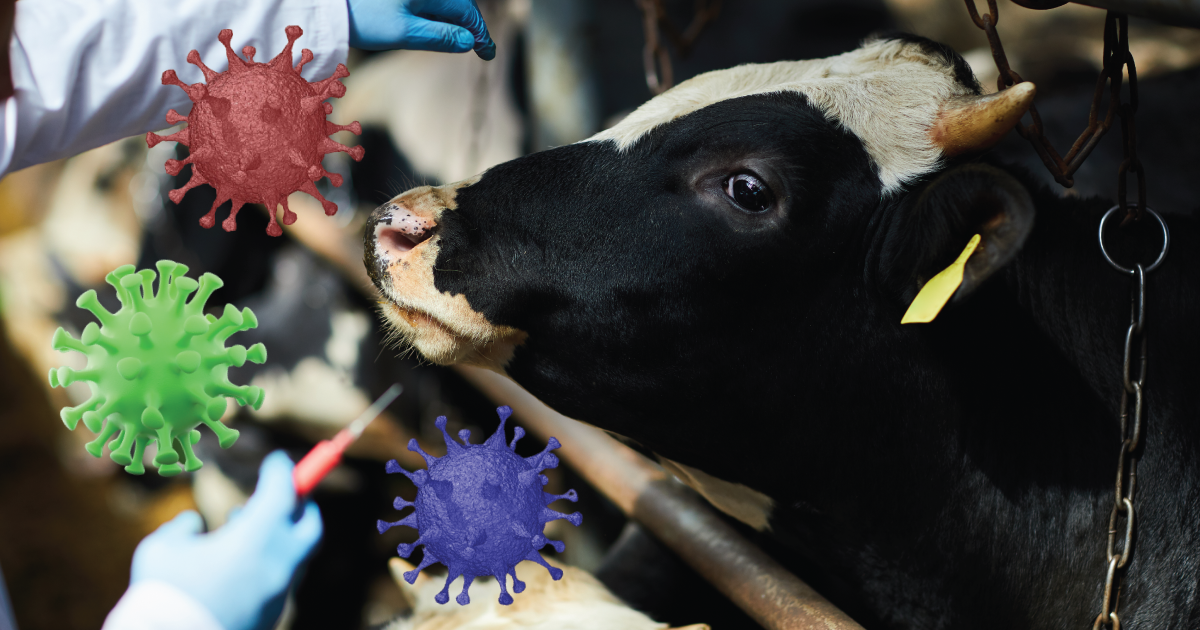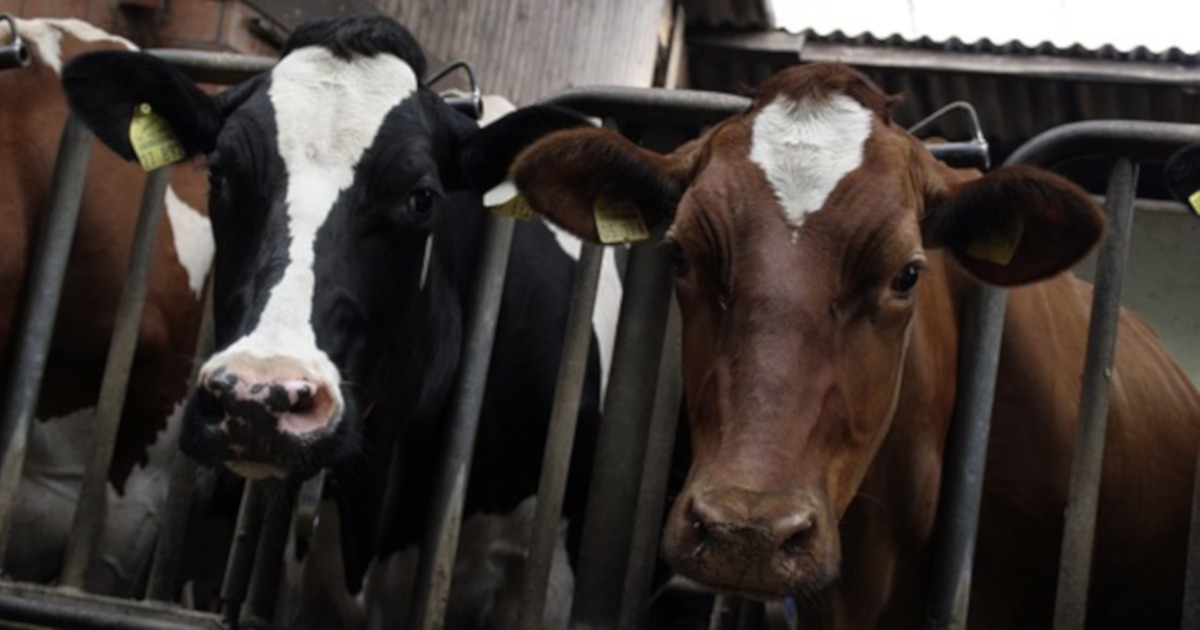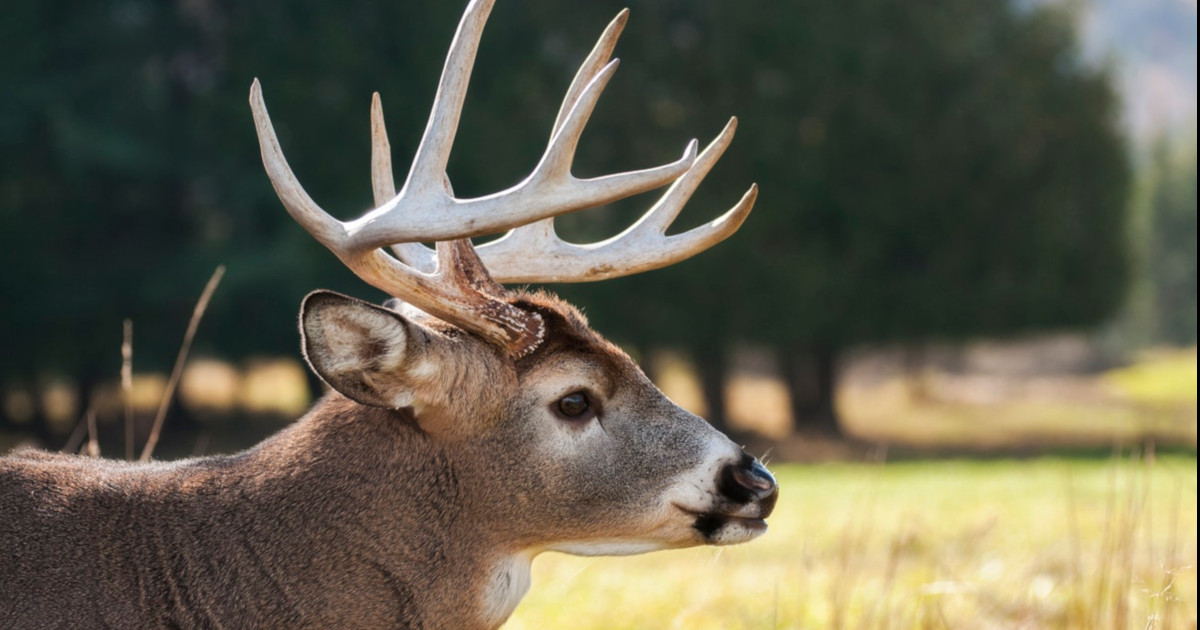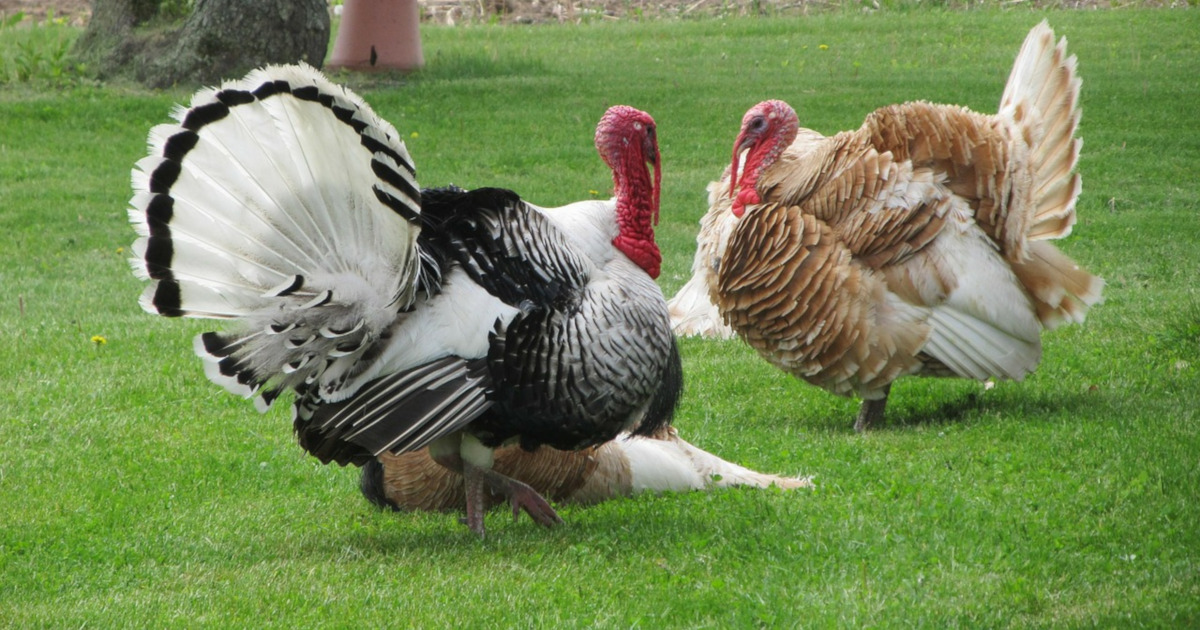Connecting the Dots: Big Meat, Big Pharma, Big Vaccines and Big Pandemics
The ongoing Covid-19 pandemic is surely the worst in recent memory, but prehistory is full of records of plagues and pandemics.
In more modern history, we’ve seen the Asian flu pandemic of 1957, the Hong Kong flu pandemic of 1968 and the AIDS pandemic of 1981.
Then, a decade ago, along came H1N1, a novel flu virus hosted by pigs. H1N1 was followed in 1997 by H5N1, a bird flu virus that first surfaced in Hong Kong.
What's different about these more recent pandemics?
They're directly linked to the “intensive confinement of animals” in factory farms, according to the Journal of Public Health Policy.








